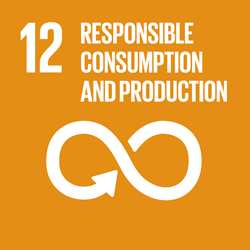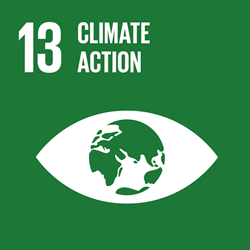Technological watch
Advance care planning as perceived by marginalized populations: Willing to engage and facing obstacles
AbstractBackgroundHealth disparities exist in end-of-life (EOL) care. Individuals and communities that are marginalized due to their race, ethnicity, income, geographic location, language, or cultural background experience systemic barriers to access and receive lower quality EOL care. Advance care planning (ACP) prepares patients and their caregivers for EOL decision-making for the purpose of promoting high-quality EOL care. Low engagement in ACP among marginalized populations is thought to have contributed to disparity in EOL care. To advance health equity and deliver care that aligns with the goals and values of each individual, there is a need to improve ACP for marginalized populations.







